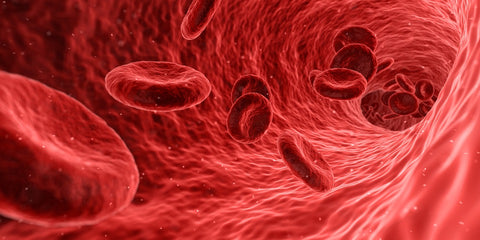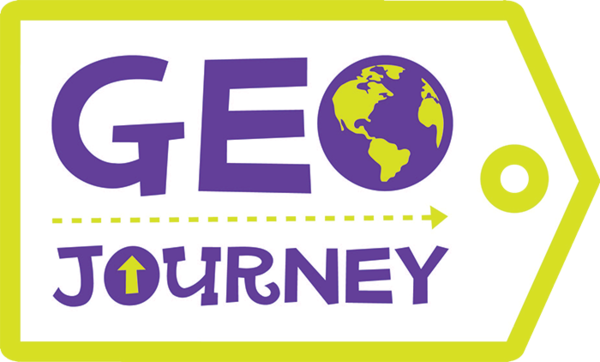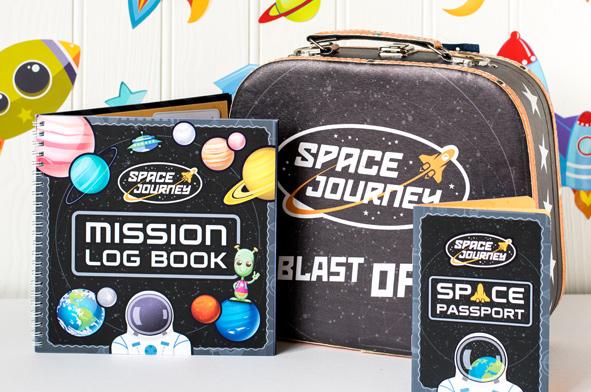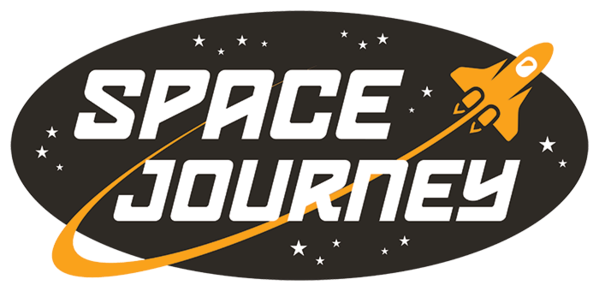Science Education for Kids - And Why it's so Important!
Science education is crucial for children to understand and participate in the rapidly changing world we live in today. As science and technology continue to advance, the importance of science education becomes more evident. From developments in medicine to the next generation of scientists, science education is essential for our future.

One of the most significant benefits of science education is its impact on medicine. Scientific discoveries have led to advancements in medicine that have saved countless lives. From vaccines to stem cell treatments, these breakthroughs have changed the course of human history. Vaccines have eradicated deadly diseases such as smallpox and polio.
Stem cell treatments have the potential to treat a wide range of diseases and conditions, such as blood cancer, Parkinson's disease, spinal cord injuries, and diabetes. The development of new medicines and treatments relies on a deep understanding of the sciences. Without science education, we cannot continue to push the boundaries of medicine and save lives. There are many amazing leading professionals and companies in the stem and gene therapy industry and exciting techniques such as Car-X showing that science in this area is advancing all the time.

Education in science also plays a vital role in preparing the next generation of scientists. By providing children with a strong foundation in science, we can inspire and encourage them to pursue careers in science-related fields. These fields include medicine, engineering, technology, and environmental science.
As we face significant global challenges such as climate change and pandemics, we need talented scientists to develop solutions and address these issues. Science education is crucial in creating a pipeline of skilled scientists who can tackle these problems and shape the future.
Furthermore, learning starts young. Research has shown that children as young as three years old can begin to understand scientific concepts. By providing early exposure to science education, we can lay the foundation for future learning and exploration. Children who engage in science education from a young age are more likely to develop a love for science and pursue careers in science-related fields. By starting early, we can foster curiosity, critical thinking, and problem-solving skills, all of which are essential in science and in life.

Science education also offers exciting career opportunities. Many high-paying jobs are available in science-related fields, and the demand for skilled workers in these fields continues to grow. These jobs include medical professionals, engineers, computer scientists, environmental scientists, and many more. Science education provides children with the skills and knowledge needed to pursue these careers successfully. Additionally, these careers often offer opportunities for advancement and continued learning, making them rewarding and fulfilling choices.
Learning about science provides a unique way of thinking and understanding the world around us. Science is a way of exploring and discovering the natural world through observation, experimentation, and analysis. By learning about science, children develop critical thinking skills and an appreciation for evidence-based reasoning. They learn to ask questions, hypothesise, test, and refine their ideas. These skills are transferable to all areas of life and are essential for success in the modern world.

This type of learning is crucial for children to understand and participate in the rapidly changing world we live in today. The impact of scientific discoveries on medicine, the need for the next generation of scientists, the benefits of starting early, exciting career opportunities, and the unique way of thinking that science provides all highlight the importance of educating in the world of science.
By investing in science education, we can prepare our children for the challenges and opportunities of the future, create a pipeline of skilled scientists, and continue to advance medicine and technology to improve lives.
Choose an adventure...
















